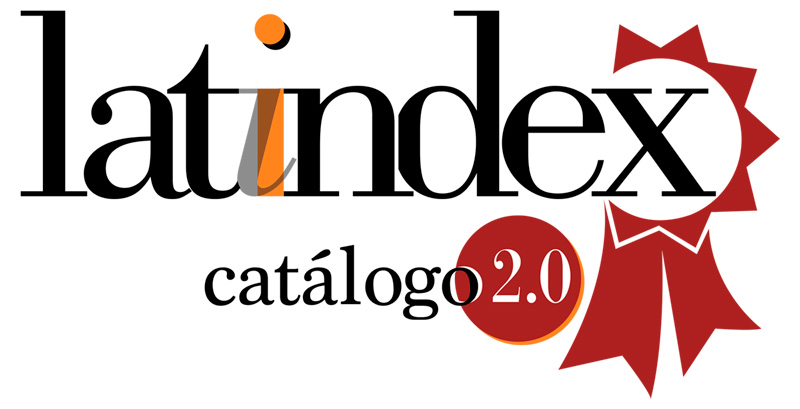The Construction of the Good in Antietic Atmospheres in The Time of the Hero(1963)
DOI:
https://doi.org/10.35626/cl.15.2018.263Keywords:
Ethics, moral, humanism, literary analysis, familyAbstract
One of the problems raised in the developed history of the protagonists of The Time of the Hero (1963), Peruvian writer Mario Vargas Llosa, is the presence of a poorly formed family formation (aggressive parents, distancing from any of them, maternal favoritism towards the son, etc.). This retrograde base caused a limitation for each of them: their behaviors are not corrected, they have rebellious or inhibited behavior, they feel incapable of facing reality with responsibility and end up being included in the dynamic mechanism of violence, either as victim or victimizer. To do this, we will resort to literary analysis, to address the behaviors linked to the characters that have features of violence in their representation. Mainly, the theoretical proposals of Jacques Lacan, Slavoj Žižek and Mikhail Bakhtin reveal what is currently understood as practicing good in our society. Based on this conceptualization, indicators will be sought to assess the origin of the poor formation of the Jaguar, the Poet or the Slave.








